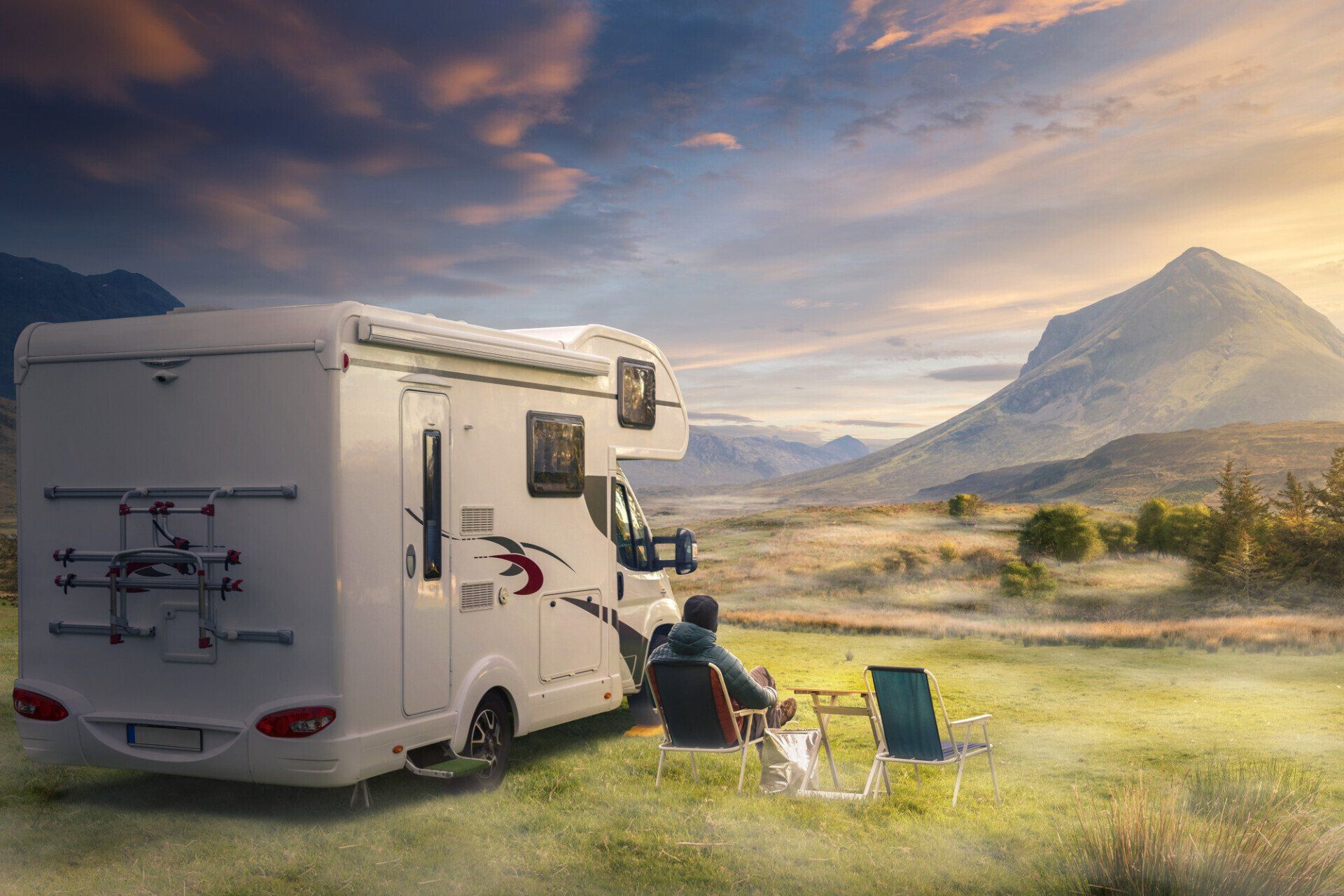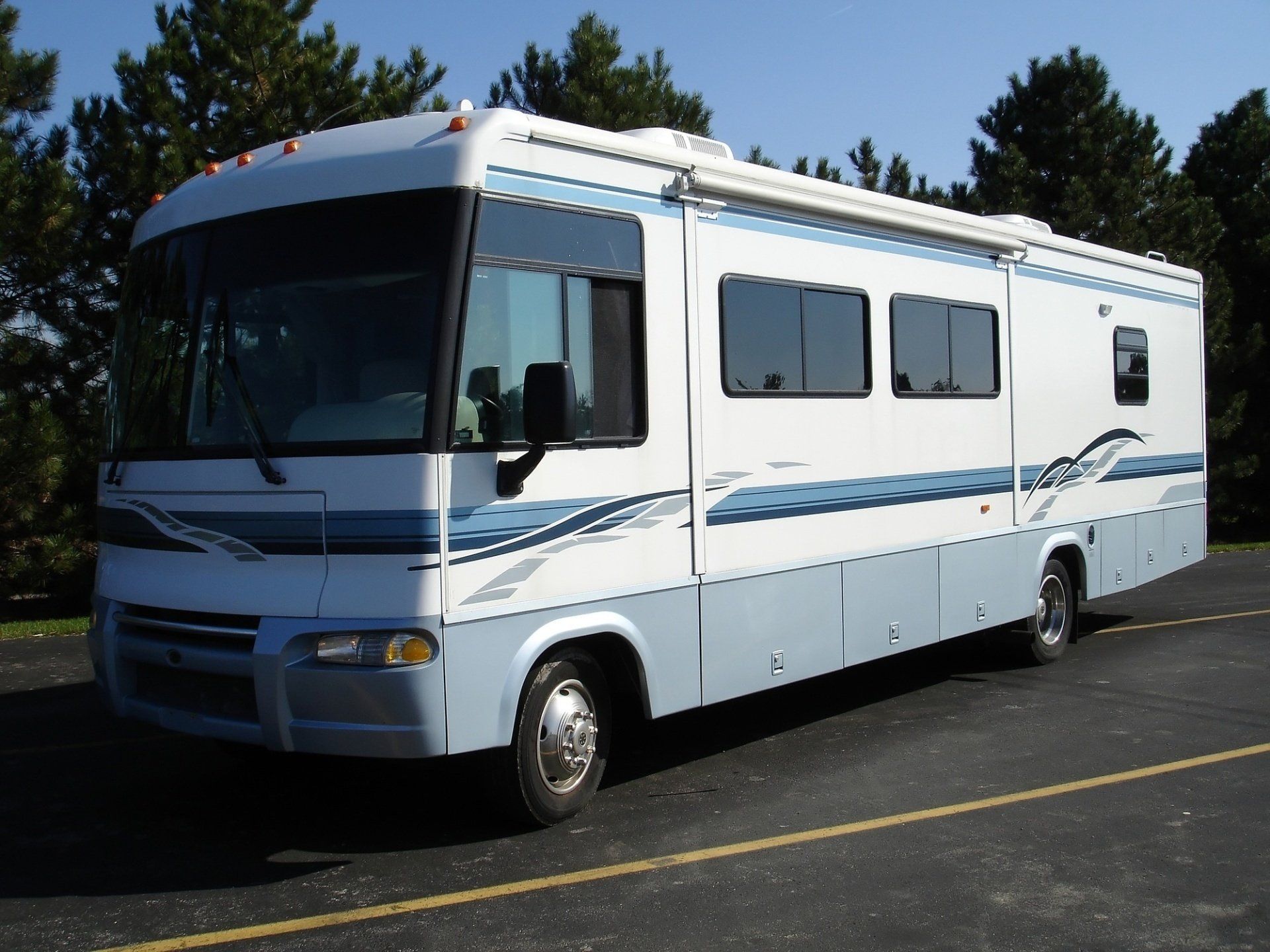A Complete Guide to RV Care
Before you make your first RV purchase, there are questions you need to ask. Here are 7 things you need to know before driving off the lot.
As of 2017, more than 10 million US households own an RV and that number has only grown. Since then, RV camping has become one of the most popular types of holidays Americans are choosing.
However, buying an RV can be a complicated and daunting process. There are so many things you should know before you make your RV purchase, but how do you know what to ask or what to look for?
This article will cover seven essential factors to consider before choosing an RV, so keep reading so you know how to choose the right RV.
7 Things to Consider Before Your RV Purchase
When making an RV selection, there are a few things to consider, like what type of camping do you want to do? Do you want a big or a small RV? Do you want a Class A or Class B?
Let's review them together.
1. Safety First
We've put safety at the top of the list because it's one of the essential things to consider. If you're making a secondhand RV purchase, you will want to know if it's roadworthy.
If you're buying used, make sure you get the maintenance records so you can ensure that it's been taken care of right up until the time of purchase.
Another thing you can do is do a full inspection of all parts. For example, inspect the roof for damage, checks seals, the airconditioner, slide mechanisms, and propane, to name a few.
2. What Are Your Storage Needs?
If you're choosing an RV to travel alone in, you may not need as much storage space as, say, a couple or family would need. Different class RVs will come with varying capacities of storage as well.
Many on a budget prefer the Class C RV for the overhead bunker for the extra storage space or as a bed area for a young child, whereas if money is no object, then a Class A might have all the room and storage you may want.
3. What Type of Camping Will You Be Doing?
Knowing how much time you're going to be spending in your RV will also affect which one you should choose. Are you going to be full-timing it? Do you want basic amenities almost akin to "roughing it," or do you prefer to be "glamping"?
Knowing where you're likely to camp can also be helpful in the decision-making process. Some RV classes may not be suitable for the type of camping you want to do; for example, a Class A might be too large for some campsites.
Therefore, doing some research before making your RV purchase is essential to choosing the right RV for you.
If it's small, it should be easier to park but tight to live in; however, if it's large, it's better for easier living but will be more complicated to park.
4. Layout and Floorplans
An ideal way to figure out what kind of layout you want is to visit a dealership and walk through the different styles to get a feel for what you want.
If you're traveling with more than one person, will you want separate sleeping areas, or are you ok bunking together? If you're bringing pets onboard, where will they sleep?
Will they need their own place to play? Will the kids need a study space?
What type of beds do you want: fold-out, bunk, or traditional? Will the bedroom need a door? Do you want a bathtub or just a shower?
What type of dining area do you want? Do you need space for a washer and dryer?
Ask your dealership for some floorplans so you can compare and make the proper RV selection for you.
5. Comforts of Home
Everyone is different, and as such, everyone will have different tastes regarding their personal comfort preference. There are many styles when it comes to RV selection that you can really find one that suits you best.
Take some time to consider what you want most out of your RV travels, so you know where to begin. For example, if you value your sleep, you'll want to focus on an RV with a premium bedroom area, but if you love mealtimes, then a roomy kitchen area will be what you'll want to focus on.
6. Who's Driving This Thing?
Taking into consideration who will be driving the RV can significantly impact your choice. Driving a big rig takes skills that not everyone may have. Don't overwhelm yourself by taking on an RV too large for you to comfortably and confidently drive.
If possible, try to book a few test drives to see how various size RVs handle. If you're sharing the driving with a partner, make sure they're there for the test drive, so you are both comfortable with the RV size you decide on.
7. Money, Money, Money
Finally, the last thing to consider is an important one: your budget. This is probably the most daunting part of the whole RV purchase experience. How much money can you afford to throw at your RV?
If you're going to be a full-timer, it may be very beneficial to spend a considerable amount for one with all the bells and whistles to ensure you get the most out of your RV purchase.
However, if you're just using it for the occasional camping holiday, a simpler, less expensive RV might be better for you.
Buying new or used can also affect your decision. For example, do you go secondhand and get a fancier RV for your allocated budget, or do you buy new and find a more modestly priced RV?
Customize Your RV to Suit You
Once you've taken some time to think over everything you want out of your RV purchase, once you've done the research, got some test drives under your belt, worked out your budget, and purchased your RV, you'll want to think of customizing it to fit your personality and style.
Get in touch with us for a quote, and we can assist you in making your RV a one-of-a-kind, bespoke masterpiece.



